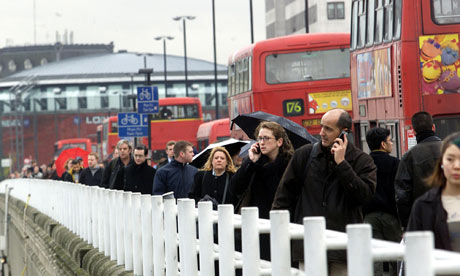 |
| A sheep on a quest to Mordor. From Wicked Campers. |
Ross McDonald, a senior lecturer at the University of Auckland Business School, says that he hopes the study will provide good advice to politicians. For instance, the study could lessen the move toward increasing work hours. "We've got to get out of the mindset that sees growing economies as our ultimate purpose in life," he says.
The news story doesn't go into detail about how New Zealand conducted this study, but if it's anything like other Gross National Happiness measures, they probably sent out thousands of questionnaires to citizens, asking them about their life satisfaction. As always, click on my Gross National Happiness tag to see all the other countries that are into this sort of thing, and which ones are holding out.

















